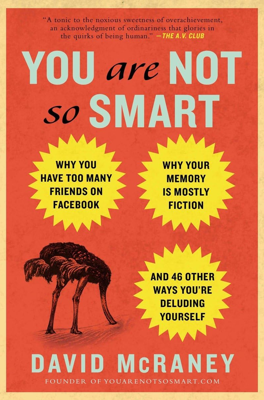The Argument From Authority
Misconception vs. Truth
Misconception:
You are more concerned with the validity of information than the person delivering it.
Truth:
The status and credentials of an individual greatly influence your perception of that individual’s message.
Influence of Authority
- People naturally defer to those with perceived expertise, such as professors and professionals, particularly in their domains of study.
- Expert Opinion vs. Personal Opinion: While experts in specific fields are generally reliable, their opinions outside their expertise should be scrutinized just like anyone else's.
- Logical Fallacy: Trusting information solely based on the authority of the person delivering it, rather than the evidence, is the argument from authority fallacy.
Case Study: Lobotomies and Walter Freeman
- Walter Freeman: Won the 1949 Nobel Prize for his work on lobotomies, a procedure later condemned as barbaric.
- Authority Unquestioned: Freeman’s methods went largely unchallenged due to his status, resulting in widespread and damaging practices.
- Science Course-Correction: Eventually, scientific scrutiny revealed the procedure's lack of medical necessity, and Freeman's deligense was revoked.
Modern Science and Authority
- Guarding Against Authority Bias: Modern science focuses on evidence over individual prestige to prevent past mistakes.
- Consensus vs. Controversy: Trust in scientific consensus is usually warranted, but individual claims from authority figures should be critically evaluated.
Practical Implications
- Evaluate claims based on evidence rather than the status of the individual presenting them.
- Be particularly skeptical of celebrity endorsements and authority figures speaking outside their expertise.
- Understand that questioning authority is a fundamental part of scientific and critical practice to avoid erroneous conclusions based on prestige.
